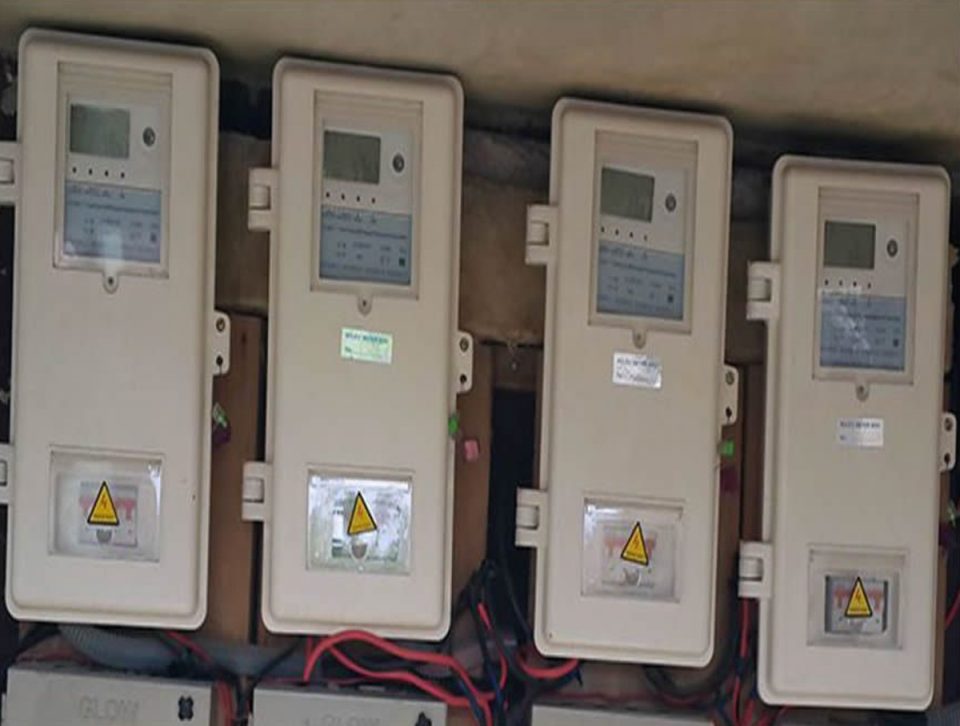Eko Electricity Distribution Company (EKEDC) said it had installed prepaid meters for 321,306 customers out of 608,252 since 2013.
Mr Adeoye Fadeyibi, Managing Director, EKEDC, said this during an oversight visit of the Senate Committee on Privatisation to the company on Tuesday in Lagos.
The committee was led by its Chairman, Sen. Theodore Orji.
Fadeyibi said the figure represented 53 per cent of the DisCo’s customers, noting that about 78,000 customers had been metered under the ongoing National Mass Metering Programme of the Federal Government.
He thanked the government for the initiative of providing free prepaid meters to Nigerians, which he said had helped in bridging the metering gap in the country.
Fadeyibi said EKEDC had consistently led the distribution market by focusing on key initiatives and investing in state-of-the-art technology.
“EkEDC invested 13.7 million dollars in Supervisory Control and Data Acquisition (SCADA) system for the purpose of Distribution Network Management.
“Subsequently, over 1.6 million dollars was spent on the impressive Geographical Information System (GIS) for realtime customer information and asset management.
“This project has since been applauded by the Nigerian Electricity Regulatory Commission for being the most accurate at over 90 per cent accuracy,” he said.
According to him, in the last five years, EKEDC has spent over 94 million dollars to replace and upgrade obsolete equipment such as power transformers, panels and breakers as well as refurbishing dilapidated Injection Substations.
Fadeyibi said the DisCo was envisaging an estimated cost investment of approximately 259 million dollars to upgrade its network going forward.
He said this would significantly reduce the frequency of interruptions due to technical faults, hence increasing average supply of energy to customers.
Fadeyibi said it would also reduce the average downtime during interruptions, significant reduction in Technical Losses and increased realtime monitoring of the network resulting in proactive responses to failures.
Earlier in his remarks, Orji noted that the privatisation of public entities was carried out by government following complaints of poor performances by Nigerians.
He said years after the exercise, some of the companies were witnessing better performances while others had not delivered the desired expectations.
Orji said the duty of the committee was, therefore, to interface with the companies on how to improve their performances for national development.




